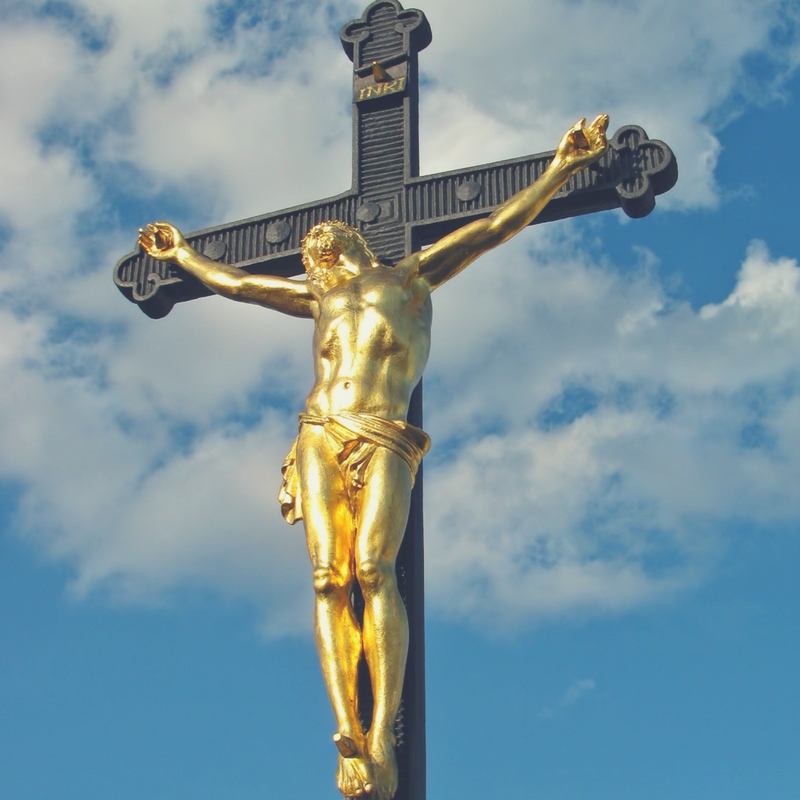
Happy February to you and your family, the month when we celebrate love, marriage, and the Holy Family!
Thank you for your continued partnership in our mission to transform the world one woman at a time. I'm so grateful for you!

Happy February to you and your family, the month when we celebrate love, marriage, and the Holy Family!
Thank you for your continued partnership in our mission to transform the world one woman at a time. I'm so grateful for you!








 February 15
February 15

 February 13
February 13
“The good God does not need years to accomplish His work of love in a soul; one ray from His Heart can, in an instant, make His flower bloom for eternity.”
-St. Therese of Lisieux
Living His Life Abundantly International, Inc.® / Women of Grace® has provided inspiring and informational content for FREE through our blog for more than twenty years. To continue our mission, we need your help. We are seeking a one-time contribution or a monthly donation to support the continued growth and expansion of this free resource. We are abundantly grateful for your support.